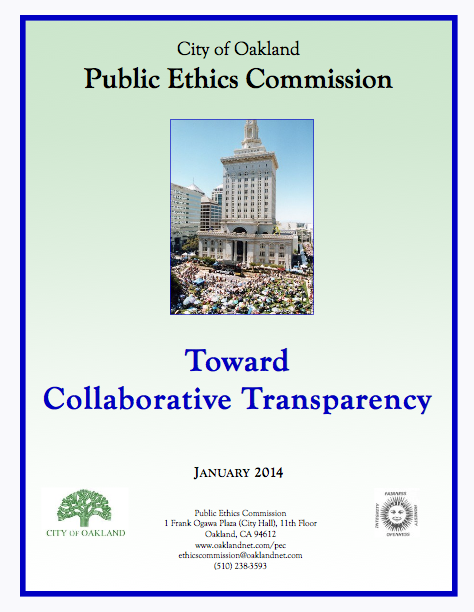Lisa Lepson, Executive Director of Joshua Venture Group and founding board president of Exhale, wrote “Losing Ownership of New Ideas: A Mark of Success” in the Stanford Social Innovation Review on April 29, 2013. In her piece, she writes about how social entrepreneurs, like me, impact social change by radically reframing ideas.
“The terms ‘pro-choice’ and ‘pro-life’ are alienating,” explained Heather Holdridge, director of digital strategy at Planned Parenthood, before she went on to describe her organization’s new campaign to drop them. I was listening to her speak on a panel at the Jewish Funders Network conference last month, but my mind quickly went elsewhere.
Eleven years ago, I was the founding board president of Exhale, an organization dedicated to providing emotional support to women and their allies after an abortion, and to removing the stigma around abortion. At the time, Exhale’s founder, Aspen Baker, a social entrepreneur, had a radical viewpoint: The political labels of pro-choice and pro-life got in the way of our mission. She put forward a risky approach: to leave the labels behind and make our home in the grey area of personal abortion experiences.
You can imagine the response we got at the time. Established organizations working in the field of abortion rights were dumbfounded, threatened, confused, and angry. We were told to pick a side or “admit” that we were pro-choice. We faced suspicion and outright hostility. It didn’t matter how we tried to explain it. No one got it yet. It was a novel, daring approach, and Exhale’s board, staff, and volunteers spent the next decade advocating our view.
Exhale can list all the people who have used its services or sought its expertise. It knows how many people have called the after-abortion talkline, accessed their online resources, and trained as volunteer counselors. There are personal anecdotes, new financial supporters, and plenty of media articles, Twitter followers, and Facebook Likes.
But, how can Exhale measure progress on its mission of removing stigma and promoting emotional wellbeing after abortion?
Social entrepreneurs such as Aspen inject new values into communal conversations and can measure their success by taking stock of how perceptions around the issues they support have changed. They can track whether and how their novel, daring messages become mainstream.
 She continues:
She continues:
What social entrepreneurs do for social change is unique. They arrive on the scene, bring attention to community needs previously ignored, push the envelope, raise questions, and provide an alternative view and voice. They tackle problems with innovative models and impact large-scale public perceptions. Often, they work in fields dominated by large, established organizations with complicated networks of stakeholders and bureaucratic systems with large budgets. But these established organizations aren’t often nimble, and they struggle to adapt to contemporary needs. So when an organization such as Planned Parenthood or BBYO makes a major change and begins to own progressive messaging and values, it is years in the making.
That’s how a social entrepreneur can measure their impact. Years after their radical idea is rejected by mainstream organizations, the very same organizations will adopt them and promote these ideas as their own. Success for the social entrepreneur happens when their views are no longer feared but embraced.
Read Full Post »


 She continues:
She continues:



